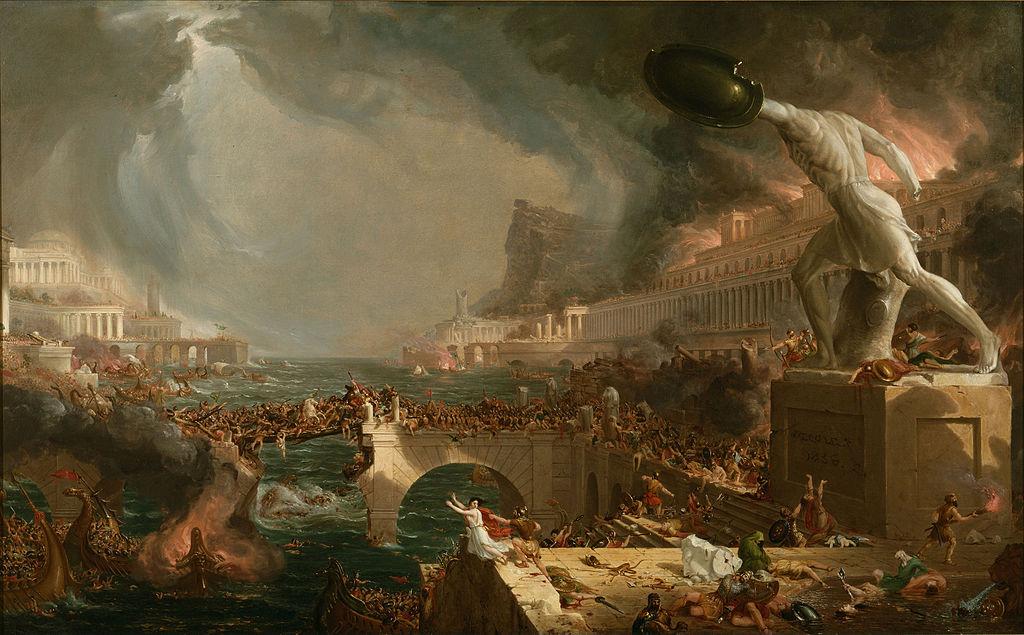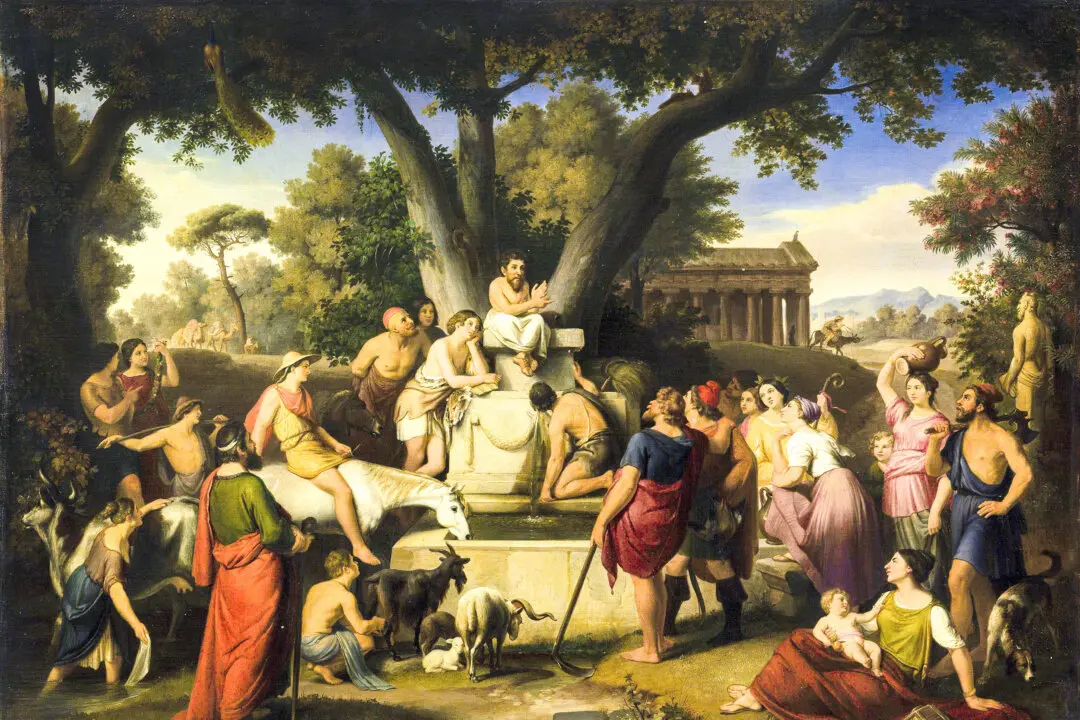According to English philosopher Anthony Kenny, Saint Thomas Aquinas was “one of the dozen greatest philosophers of the Western world.” Not only was the 13th-century Dominican monk a superb writer and logician, he was also a gifted teacher and poet.
Throughout his writings, Aquinas articulated a cohesive Christian worldview wherein faith and reason complemented each other to create or allow an ethical life. His conception of virtue as a balance between extremes can help us see our flaws more clearly. It can also help steer our lives in the right direction.






